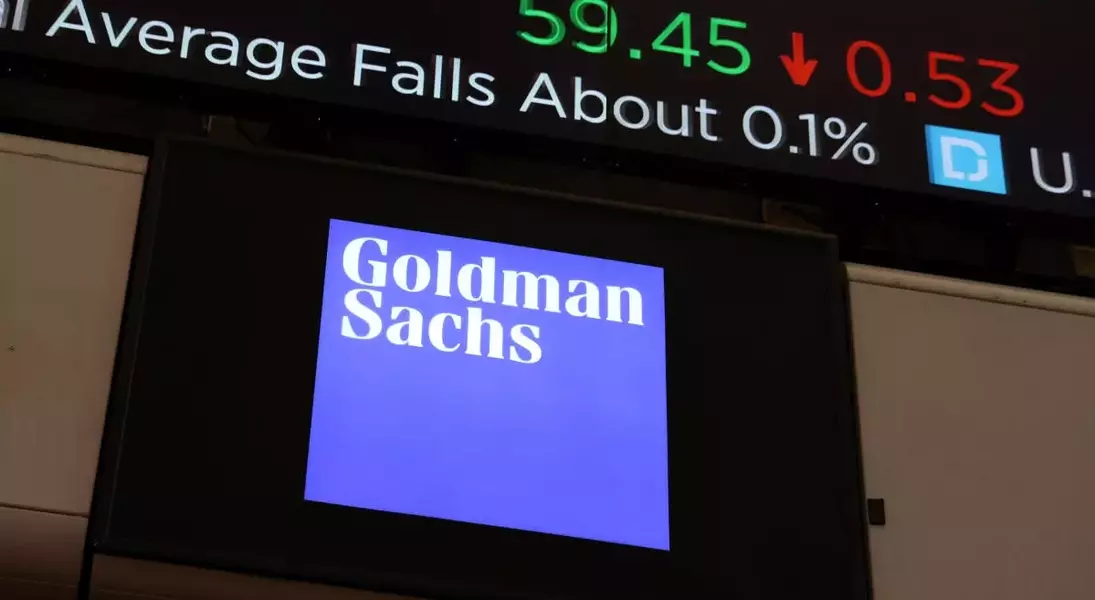The debate around long-term stock market returns has been raging, with various financial institutions offering divergent forecasts. While some predict subdued performance, others foresee a more robust outlook. This article delves into the nuances of these projections, exploring the factors that could shape the market's trajectory over the next decade.
Uncovering the Complexities of Long-Term Market Predictions
Weighing the Odds: Improbable but Possible Low Returns
Renowned investment professionals have weighed in on the subject, offering their perspectives on the potential for low stock market returns over the next 10 years. Ben Carlson of Ritholtz Wealth Management aptly captures the sentiment, stating, "It's rare to see such low returns over a 10 year stretch but it can happen. Roughly 9% of all rolling 10 year annual returns have been 3% or less... So it's improbable but possible."This acknowledgment of the possibility, albeit remote, of subdued returns underscores the inherent challenges in predicting long-term market performance. As investors grapple with the uncertainty, they must manage their expectations and remain cognizant of the potential for unexpected outcomes.Bullish Counterpoints: Optimistic Scenarios and Productivity Booms
In contrast to the more cautious forecasts, some industry experts have presented a more optimistic outlook. JPMorgan Asset Management, for instance, expects large-cap U.S. stocks to "return an annualized 6.7% over the next 10-15 years," as reported by Bloomberg. David Kelly, a strategist at JPMAM, expressed confidence in these projections, stating, "I feel more confident in our numbers than theirs over the next decade."Furthermore, Ed Yardeni of Yardeni Research believes that even Goldman Sachs' relatively optimistic scenario may not be optimistic enough. Yardeni anticipates that if the ongoing productivity growth boom continues, the S&P 500's average annual return could match or even exceed the 6%-7% achieved since the early 1990s, potentially reaching as high as 11% when including reinvested dividends.These bullish perspectives underscore the potential for the stock market to deliver robust returns, driven by factors such as improving productivity, strong profit margins, and healthy earnings growth. As the debate continues, investors must weigh the merits of these contrasting views and their implications for long-term investment strategies.Cautionary Tales: Lessons from History and the Specter of Crises
While the optimistic forecasts offer a compelling narrative, Datatrek Research co-founder Nicholas Colas cautions that historical precedents suggest a more cautious approach. Colas notes that instances of sub-3% returns "always have very specific catalysts which explain those subpar returns," such as the Great Depression, the oil shock of the 1970s, and the Global Financial Crisis.Colas emphasizes that "history shows that 3% returns or worse only come when something very, very bad has occurred." Without a clear understanding of the potential crisis that could trigger such a scenario, he finds it challenging to reconcile Goldman Sachs' forecast with the broader historical data.This historical perspective serves as a reminder that unexpected events, or "black swan" occurrences, can significantly impact market performance. As investors navigate the uncertain terrain, they must remain vigilant and prepared for the possibility of such disruptive events, even as they strive to capitalize on the market's long-term potential.Embracing the Unpredictable: Acknowledging the Limits of Forecasting
Ultimately, the debate surrounding long-term stock market returns underscores the inherent difficulty in accurately predicting future outcomes. As Barry Ritholtz of Ritholtz Wealth Management aptly states, "I have no idea what the next decade will bring in terms of S&P 500 returns, but neither does anyone else."This acknowledgment of the limitations in forecasting long-term market performance is a crucial insight for investors. While various experts offer their perspectives, the reality is that the future remains inherently unpredictable, and the only certainty is that the long-term trajectory of the stock market has historically been one of growth and resilience.As investors navigate this uncertain landscape, it is essential to maintain a balanced and diversified approach, focusing on the fundamental drivers of long-term value creation rather than relying solely on short-term forecasts. By embracing the unpredictable nature of the markets and remaining committed to the proven principles of long-term investing, investors can position themselves to weather the inevitable ups and downs and capitalize on the market's potential for growth over the long haul.
